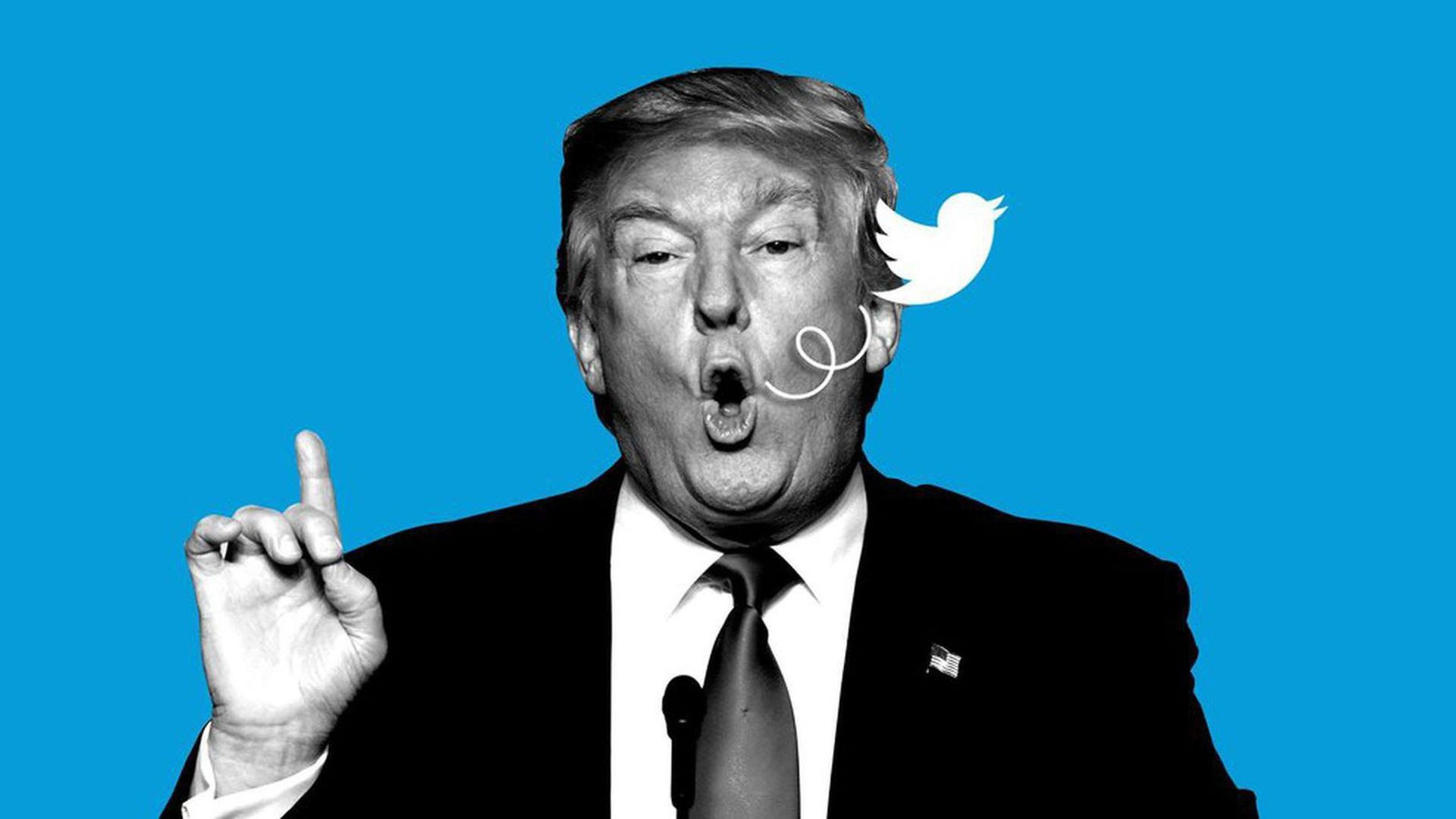The dangerous side of limiting Twitter replies
Add Axios as your preferred source to
see more of our stories on Google.

Illustration: Lazaro Gamio/Axios
Twitter's plan to allow users to control who can reply to their posts, announced Wednesday, is largely welcome news for those who are routinely harassed on the service — including many people of color, women, LGBTQ+ folks and other groups often targeted by online mobs.
Why it matters: It could create an even riper environment for misinformation — especially when combined with Twitter's policy of allowing elected officials' tweets to stand, even when they violate the rules that apply to other users.
- There are already concerns that the service gives politicians' speech special protections compared to regular users. Now the company would seem to be making it easier for them to screen out dissenting voices.
Driving the news:
- Twitter on Wednesday announced it will let users decide who can comment on their tweets: all users, those who the user follows, just the people who are mentioned or no one at all.
- The new feature is being tested now, but Twitter told Axios it plans to eventually give all users the option, including elected officials.
- Twitter noted that users will still be able to "quote tweet" posts that have replies limited — meaning create a new post quoting the tweet in question. Also, per The Verge, Twitter said it will be watching the effect of the new rules on the spread of misinformation.
When it comes to politicians specifically, Twitter notes the policy announced last year that it may flag and limit promotion of tweets that violate its rules — or even take them down if they are found not to be in the public interest.
- It's worth noting, though, that the company said it expects to use those options rarely — and Twitter has yet to flag any politician's tweets in this manner.
Between the lines: Even if this new reply option is a generally good thing, and even if it makes sense to allow politicians' rule-breaking tweets to remain, the combination of the two policies could be especially dangerous. In theory, it allows a politician to post knowingly false information to a wide audience and also limit who can directly respond with contrary evidence and arguments.
Yes, but: Some see signs that even though President Trump has a record of using Twitter to spark crises, the service had a de-escalating effect in this week's U.S. confrontation with Iran.
- Wired's Garrett Graff, pointing to the way both Iranian officials and Trump used Twitter in real time Tuesday night to send messages, notes that "world leaders can communicate more quickly and directly than ever in times of crisis."
Our thought bubble: History suggests crisis diplomacy is better pursued in private, by professionals. Maybe next time, Trump and his foreign counterparts could at least exchange DMs instead?
Go deeper:
